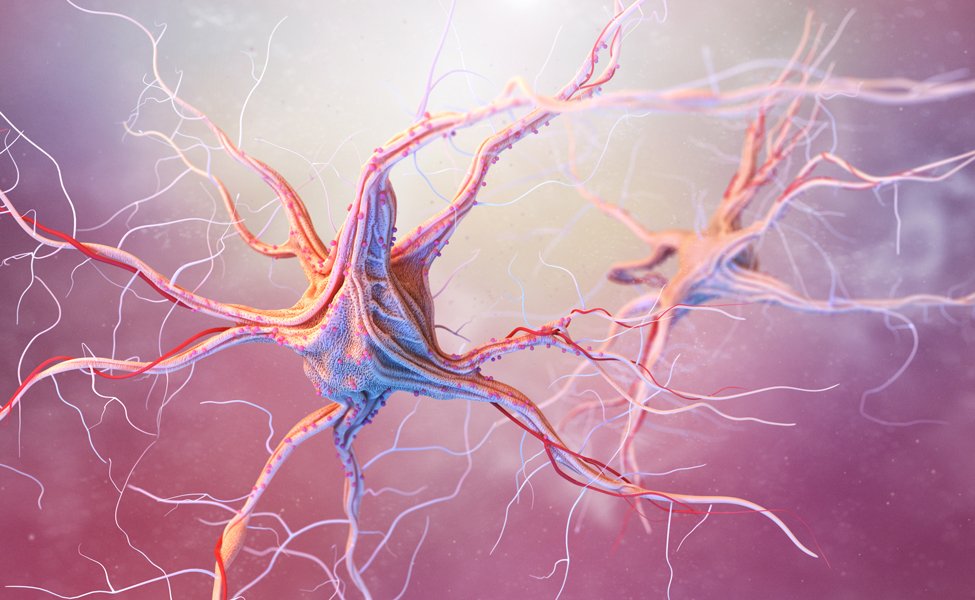Submitted by Nicholas V.
As Catholics we are especially aware of the immorality that surrounds us in our modern-day lives. We are not surprised by the atrocious offenses that take place in our workplaces, schools, and worst; our homes. Our once vigilant eyes grow weary yet our Lord yearns for our attention. Do we ever stop and wonder how we got here; what exactly are the tools that the devil uses to weaken our wills?
That is my goal here, to outline and exemplify the habits that pervade our lives in the hopes that we can better understand, and therefore thwart the devil in his path.
We must actively engage in acts of faith, hope, and charity to curb our addictive natures.
“Power is in tearing human minds to pieces and putting them together again in new shapes of your own choosing.” –
George Orwell 1984
As humans we are full of needs, wants, and passions. Understanding these motivations is vital in our spiritual lives. We are stuck in a delicate balance of self-gratification and self-control and if we don’t recognize this we are easily manipulated and become complacent as sheep.
Our brains are wired for addiction and those who understand this at a scientific level have the power to destroy our virtues and put us to sleep. The sooner we catch these patterns in our life, the sooner we can remove any detrimental and self-aggrandizing habits that profit those in power so much.
The truth is that we can be addicted to anything, especially in a sick society that invites us to addiction at every turn.
We are taught to seek unrestricted rewards and to deflect any painful situations, whether it be through drugs, social media, or any action that removes us from our present surroundings.
Pleasure and pain are co-located in the brain and work like a balance, tipping inversely.The entry point into these addictive habits is often a desire to escape pain, not an attempt to seek pleasure. We achieve this through habits that release an irregular amount of dopamine, upsetting our pain and pleasure balance.
Dopamine is a neurotransmitter that communicates in our brain that we are doing something rewarding or pleasurable, it motivates us to do more of that thing by triggering movement or anticipation. This drug is constantly being released in varying levels and the brain works hard to keep our baseline dopamine levels consistent.
When we receive an abnormal amount of pleasure and dopamine our pain/pleasure balance is leveled by a consequent downregulation of dopamine. This takes place by increasing discomfort which we often don’t realize until we start to pay attention at the moment. Inversely when we complete something difficult we receive a sustainable spike in dopamine which further reinforces that behavior. However, If we regularly expose ourselves to things that trigger unnatural levels of dopamine release without corresponding exertion we will lower our baseline levels of dopamine over time.

If we were to wait long enough after a high and ride out the crash, our brain would go back to its neutral state – but – if we don’t wait because the craving is too much, you are resetting the brain to a dopamine deficit state. Ultimately we want a resilient, adaptive balance where we don’t allow ourselves to stay in pleasure or pain too long. We want advantageous actions to remain rewarding by means of maintaining motivation to do difficult things.
Our religion revolves around acts of giving and receiving love. Our Lord continually calls us to a life full of sacrifice and selflessness, actions that fundamentally require us to be self-aware. If we are not self-aware how can we hope to master our emotions, in hopes of loving Him and His cross? However, I’m sure we have all at some point faltered in this endeavor and experienced feelings of detachment from our thoughts, emotions, or body. This feeling of not feeling like ourselves or feeling disconnected from our environment is referred to as derealization. What we may not realize is that these addictive behaviors, which are minute and often go unnoticed, are what lead to derealization. In some sense this state of derealization has become commonplace, people would rather choose to scroll social media and youtube than to interact with the people that surround them. In more extreme cases people resort to daily use of alcohol or drugs in order to avoid discomfort or boredom. As a society we have lost our vigor for seeking new experiences, we have lost an inherent appreciation and need for beauty. Instead, it has been replaced with a constant source of relief, as near as our own pockets. We would rather turn to our devices than admit to ourselves that there is no pleasure without consequent pain.
However, no painful experience or idle moment is fruitless if we choose to use our God-given graces to turn these events into a source of grace or knowledge.
Faith, hope, and charity have been given to us as the tools to resist addiction and to gain a greater knowledge of ourselves. Faith is seated in the intellect, however, an act of faith can only be performed through the will and grace of God. We are incapable of performing any virtue through our own merits or abilities. By submitting ourselves to the highest and infallible intellect we are given the ability to look through the eyes of God. We receive an outsider’s perspective of our actions, not from a flawed human being but from He who is omnipresent and omnipotent. Faith is a necessary part of understanding and controlling our human passions, it reveals the larger picture and the true impact of our actions. It allows us to curb our addictive natures by obtaining security and relief from God without detaching us from our painful situation. These painful situations are inherently profitable and necessary and hope provides us with the zeal to face them courageously. It gives us the confidence to pursue the good with the expectation that we can achieve it and love it through God.
Through faith, we better know ourselves and with hope, we can transform our characters to become like Christ. To become like Christ we must also obtain perfect charity. Charity is the most deliberate of the three virtues, it requires a mastery of our fallen human natures in the most difficult of circumstances. Faith and hope allow us to have a deep understanding of God’s graces but through charity, we can truly love and share His gifts. The act of sharing and giving back is the ultimate way of healing our addictive natures. These pathological interests can be replaced only by an equally intense attachment to another interest, charity, the love of God, and our neighbor.
It is my hope that anyone who reads this is inspired to focus their attention inwards and objectively assess their lives.
We are called to live for Christ not to merely exist and so we must be steadfast in moving towards psychological and spiritual wholeness. We must achieve enough faith to repress nothing and face any situation with trust in God. We must achieve hope to recognize and long after true beauty. Finally, we must replace our attachment to self with an attachment to charity that we may ever grow in love through Him.
The best is the deep quiet in which I live and grow (through Him) against the world, and harvest what they cannot take from me by fire or sword
– Johann Goethe



